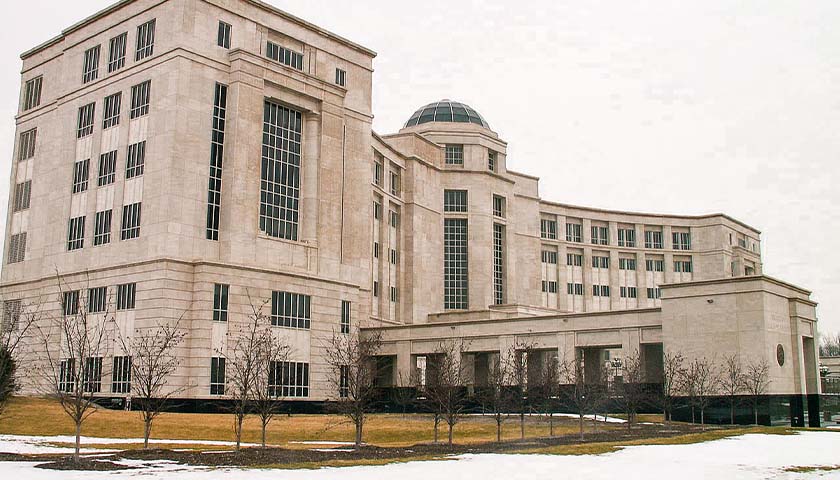by Scott McClallen
The Michigan Supreme Court has scheduled oral arguments in a lawsuit between three news agencies and the Michigan Independent Citizen’s Redistricting Commission (MICRC). Arguments will be held Dec. 15 at 9:30 a.m.
The lawsuit follows an Oct. 27 MICRC closed-door meeting to discuss two legal memos despite a Constitutional mandate the committee “shall conduct all of its business at open meetings.”
More than a month later, Michiganders still don’t have answers about what transpired behind closed doors from a commission that touts transparency. The Detroit News, Bridge Magazine, and the Detroit Free Press filed suit on Tuesday.
The lawsuit follows a 7-5 vote by the MICRC to continue hiding memos from the public. Commission attorneys said if the MICRC waives attorney-client privilege, they might not be able to reinstate it, which could complicate future litigation.
The MICRC has rejected a Freedom of Information Act (FOIA) requests from conservative group Michigan Rising Action, despite a nonbinding opinion from Attorney General Dana Nessel that it “must” release the memos.
News groups aren’t the only ones concerned about the redistricting committee – so are Democrats and Republicans in the Senate. Last week, the Senate unanimously approved Senate Bill 728 to ban the MICRC from meeting in a closed session for any purpose.
Sen. Ed McBroom, R-Vulcan, said the MICRC was taking “enormous liberties” with the Constitution whether it can meet in closed session.
“The Constitution doesn’t say they operate under the Open Meetings Act,” McBroom said in a phone interview. “It says they shall have open meetings. So I’m just striving to make it abundantly clear that the Open Meetings Act is not their source of authority for having these closed sessions or from withholding documents from people.”
In 2018, Michigan voters were fed up with in-power politicians drawing their own districts behind closed doors to protect incumbents. As a result, 61% of voters in the state approved a ballot proposal that established the MICRC. Despite acting behind closed doors and hiding documents, the MICRC has held more than 130 public hearings to draw the political maps that will last for 10 years.
– – –
Scott McClallen is a staff writer covering Michigan and Minnesota for The Center Square. A graduate of Hillsdale College, his work has appeared on Forbes.com and FEE.org. Previously, he worked as a financial analyst at Pepsi.
Photo “Michigan Hall of Justice” by Maksim CC BY-SA 3.0.





